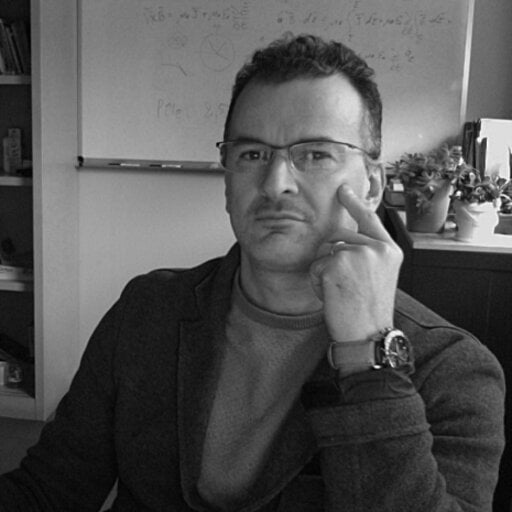Need Help?
5 September 2023
Meet the Editors | Interview with Prof. Dr. Alessandro Gabrielli—Section Editor-in-Chief of the Section “Microelectronics” in Electronics

In this captivating series, we had the privilege of interviewing the eminent Prof. Dr. Alessandro Gabrielli, Section Editor-in-Chief of the “Microelectronics” Section of Electronics (ISSN: 2079-9292). Renowned for his groundbreaking contributions in applied electronics for high-energy physics experiments, microelectronics, single-event effects (SEE), digital electronics, firmware design and general physics, Prof. Dr. Gabrielli shares his invaluable insights into the inner workings of the journal. The aim of these interviews is to offer a unique perspective on the publishing process, straight from the Section Editor-in-Chief himself.
The following is a short Q&A with Prof. Dr. Alessandro Gabrielli, who shared his vision for the journal with us, as well as his views on the research area and open access publishing:
1. Can you share some information about your academic background?
I am an Associate Professor in the Department of Physics and Astronomy at the University of Bologna, Italy. I hold a Ph.D. in physics, obtained in 2000, which I continued in the same year by becoming an Associated Member of CERN in Geneva for the ALICE and ATLAS experiments. I am the author of more than 900 peer-reviewed publications and over 50 presentations at international conferences. I was also the coordinator for the Bologna Section of the INFN since 2012 for the realization and commissioning of the ROD (ReadOut Driver) card electronics, as part of the Phase-0 upgrade of all the ATLAS Pixel Detector at CERN in Geneva.
2. What are your current interests?
My work primarily revolves around the field of physics, with applications in the design of digital systems with programmable electronic frontier devices (Xilinx UltraScale+ FPGA) for trigger architectures and data acquisition for the ATLAS experiment at CERN in Geneva. I’m also interested in track recognition techniques involving the Hough transform.
3. What made you choose to work with us, knowing that we are an open access digital publisher?
I was initially a reviewer before being asked to join the editorial team. I gladly accepted the invitation because it was a niche area in which I had expertise. I still enjoy reviewing papers and I am generally good at accepting or orienting authors towards publishing. I am happy to have the opportunity to read papers and update myself in various research fields. I believe MDPI can help young researchers gain the necessary experience to publish quality papers. Another thing that I like is that MDPI provides feedback on papers submitted to them, which is helpful for inexperienced researchers. MDPI also has programs like young research awards and travel awards to support the young researcher community.
4. What is the main challenge you face when ensuring the integrity and quality of academic publications?
I will give you a short example: Engineers are closer to the applications of the journal, and they appreciate the speed of publications, the exclusivity of having only a few authors, and the quality of the impact factor. On the other hand, physicists have a more complex system with a publishing committee and policies that prefer publishing in different journals. The main challenge is to meet the intermediate space between science, engineering, and other topics, which the journal Electronics is already doing.
5. Which research topics do you think will be of particular interest to the research community in the coming years?
I suggest focusing on specific topics like artificial intelligence for security, cyber security, or databases for artificial intelligence. The concept of cyber diplomacy is another potential hot topic. We need to be aware of the changes that are happening around us. For example, I changed the name of my electronics course to "electronics for physics of things" to reflect the current trend of changing course names in universities and add new topics such as "electronics for Internet of Things" or "Electronics for Industry 4.0."
We wish Prof. Dr. Alessandro Gabrielli every success in his current position as Section Editor-in-Chief, and we look forward to his future contributions to the journal.

